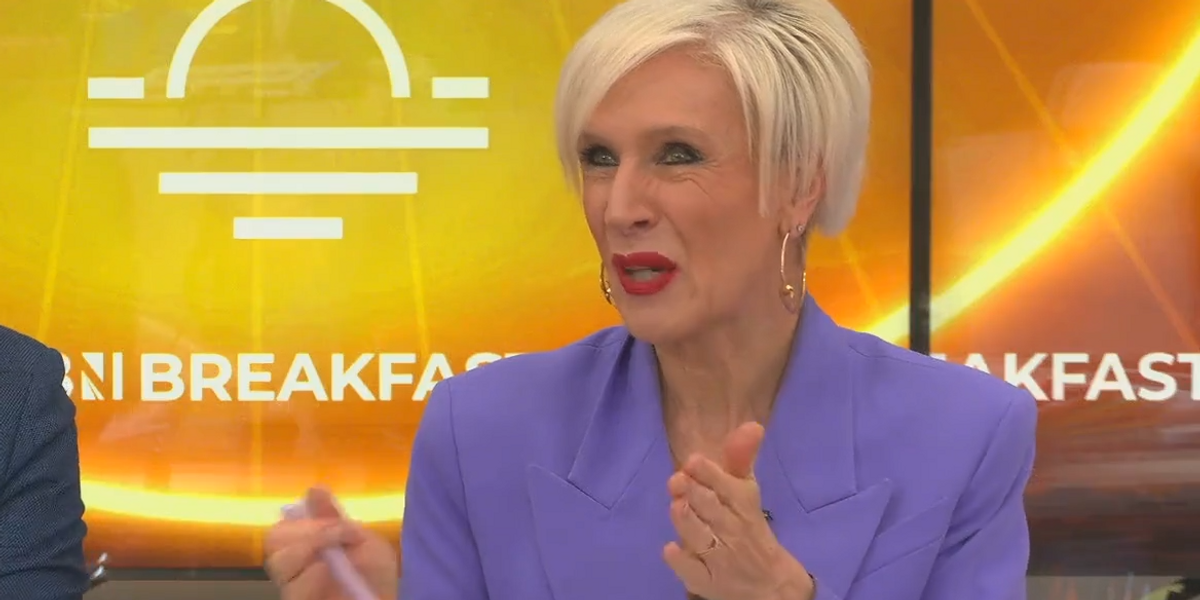In a landmark move, the prosecutor of the International Criminal Court (ICC), Karim Khan KC, this week filed a request with the ICC’s Pre-Trial Chamber I for an arrest warrant to be issued against Myanmar’s military commander-in-chief and acting president, Senior Gen. Min Aung Hlaing, for the crimes against humanity of deportation and persecution of the Rohingya people. This is the first such request from the ICC relating to Myanmar and is an important milestone on Myanmar’s long road to justice.
Though ultimately the decision on whether to move forward with the arrest warrant lies with the three-member Pre-Trial Chamber, Khan said he believed there are “reasonable grounds” to believe that Min Aung Hlaing “bears criminal responsibility for the crimes.” There is no deadline for a decision, but a request for an arrest warrant for Russian President Vladimir Putin took less than three weeks in 2023. However, the recent warrants for Israeli Prime Minister Benjamin Netanyahu, his former defense minister, and Hamas’ military chief took more than six months to be issued.
Khan’s latest request follows a five-year investigation into what the world knows as “the Rohingya genocide,” the waves of violence, including mass murder, mass rape, and the torching of whole villages that forced three-quarters of a million Rohingya people from Rakhine State in western Myanmar across the border into Bangladesh in 2016 and 2017.
It was a campaign that shocked the world, driven by extreme nationalism, against the country’s largely defenseless Muslim community, leading to at least 10,000 deaths, many injuries, and countless more psychologically scarred for life, with the prospects of intergenerational trauma causing profound harm for decades to come.
More Arrest Warrants to Come
In making the announcement, Khan said that his office would be requesting more arrest warrants against Myanmar’s leaders soon. “In doing so,” he said, “we will be demonstrating, together with all of our partners, that the Rohingya have not been forgotten. That they, like all people around the world, are entitled to the protection of the law.”
For the approximately one million Rohingya people still sheltering in Bangladesh, the news is welcome, but not enough. Many years after arriving in Bangladesh, they continue to live in grim and dangerous conditions, beset by food shortages, illness and violence from armed groups, and prohibited from working or putting their children through formal education.
A lawyer representing some of these victims in the ICC proceedings, Megan Hirst of Doughty Street Chambers in London, said: “the first ICC arrest warrant request is a crucial step. But a complete ‘justice’ can’t be delivered by the ICC alone. Rohingya people need more international efforts to bring peace to Rakhine State so that they can return home safely. And in the meanwhile, they need other countries to offer resettlement for them on a proper scale.”
Reinforcing a Wider Approach to Justice and Accountability
This week’s warrant request does not address current crimes and justice for some half a million Rohingya who remain in Myanmar and Khan’s request is limited to an approximately four-month period in late 2017.
Like many civil society groups, my own – the Myanmar Accountability Project (MAP) – urges the scope of further arrest warrants to be as wide as the law allows, and to include crimes committed after the coup in February 2021, since when the junta has unleashed what the U.N. Rapporteur for Myanmar has characterized as a “campaign of terror,” which has included disproportionate and indiscriminate attacks on civilian populations. Massacres are now a recurring feature of the conflict in Myanmar with conservative estimates of 6,000 confirmed deaths and the U.N. estimating that 3 million people have been displaced.
Let it not be forgotten that genocide is a continuum and that crimes in Rakhine State continue to push Rohingya people across the border into Bangladesh, which is an ICC member state. This gives the ICC jurisdiction over these acts.
My organization has previously urged the ICC to accept the 2021 declaration by Myanmar’s democratically elected National Unity Government granting jurisdiction to the Court over crimes committed in Myanmar’s territory. The eminent legal scholar, Ralph Wilde, set out a powerful case for this in a landmark legal opinion. To date, no decision has been made public by any organ of the ICC on that declaration and I urge the Court to give this matter long-overdue consideration.
The Independent Investigative Mechanism for Myanmar (IIMM), a highly professional group of world-class investigators, has closely cooperated with the ICC, and IIMM Head Nicholas Koumjian has been clear about the timeline and scope of the IIMM’s investigations of atrocity crimes. In a statement following Khan’s requested arrest warrant, he said the Mechanism was “collecting evidence of these crimes committed anywhere in Myanmar since 2011, regardless of the ethnicity, religion, or politics of either the victims or perpetrators. The Mechanism’s mandate includes investigations of crimes related to armed conflicts currently ongoing in the country.”
This may – and only may – have an impact on the methods the junta is using against the people’s revolution that has engulfed their illegitimate rule. Sickening and deluded as it may seem, Min Aung Hlaing and some of his inner circle see themselves as devout Buddhists who care about their legacy in this world and the next.
It is significant that Khan indicated that his warrant request was in part based on “insider witnesses,” a sign that the ICC’s work is having an impact on an already demoralized army, which could lead to further defections. Moreover, the announcement can only diminish Min Aung Hlaing’s already meager international standing, even among the Association of Southeast Nations (ASEAN), some of whose members are profoundly embarrassed to have what is now an accused war criminal among them.
Reinforcing Justice at the National Level
Khan’s move will reinforce the case for justice in litigations against the junta being brought in Turkey, Indonesia, the Philippines, and Argentina, which are complementary to the ICC. And it will strengthen the case for governments like the United Kingdom that have shown strong leadership in pushing for further sanctions on the junta.
There are hopes too that Khan’s announcement may also add momentum to a separate case at the other international Court in the Hague, the International Court of Justice (ICJ), which issues advisory opinions and adjudicates disputes between states. In 2019, The Gambia began proceedings against Myanmar, alleging violations of the Genocide Convention. The ICJ issued special measures on Myanmar in 2022, but with time-consuming procedural challenges by the junta, and the ICJ being called on to deal with an unprecedented caseload, progress in the case has been frustratingly slow.
The request comes days after a powerful ethnic armed group seized a key trading town in northeastern Myanmar on the Chinese border, taking control of a lucrative rare earth mining hub, in yet another setback for the military-led government. An army that once seemed invincible has suffered a series of unprecedented defeats in the last twelve months, notably in areas near the Chinese border and in Rakhine State, after an alliance of three powerful militias launched a coordinated offensive on Oct. 27, 2023. The ICC decision can only bring further pressures on an army in retreat.
US Double Standards
This week’s announcement is a masterstroke of timing that exposes the U.S.’s double standards. It comes just days after the ICC issued the Netanyahu arrest warrant, which provoked a furious response from Washington.
However, the U.S. State Department has formally designated the junta’s attacks on the Rohingya as a “genocide” and has announced it would support a case against Myanmar’s junta at the ICC. Moreover, the U.S. heaped praise on the Court for its rapid decision to arrest Putin. The relative silence from Washington recently on these issues perhaps attests to a tacit acceptance by some in the U.S. administration that its attacks on the ICC and Prosecutor Khan are politically motivated.
Crucially, I would hope it is an acknowledgment that Karim Khan is applying the law without fear or favor. This has been a recurrent theme of his tenure at the ICC, despite intense political pressures, smears and dirty tricks against the court, especially from American, Russian, and Israeli detractors.
I urge the Prosecution and the Court as a whole to be undeterred by these attacks, and to build on Khan’s announcement, promoting justice and accountability for some of the most marginalized communities in our world. The ICC’s work is crucial in assuring the embattled people of Myanmar that the world is not blind to the daily horrors that assail them.

 By The Diplomat | Created at 2024-11-29 14:16:34 | Updated at 2024-11-29 16:36:42
2 hours ago
By The Diplomat | Created at 2024-11-29 14:16:34 | Updated at 2024-11-29 16:36:42
2 hours ago








